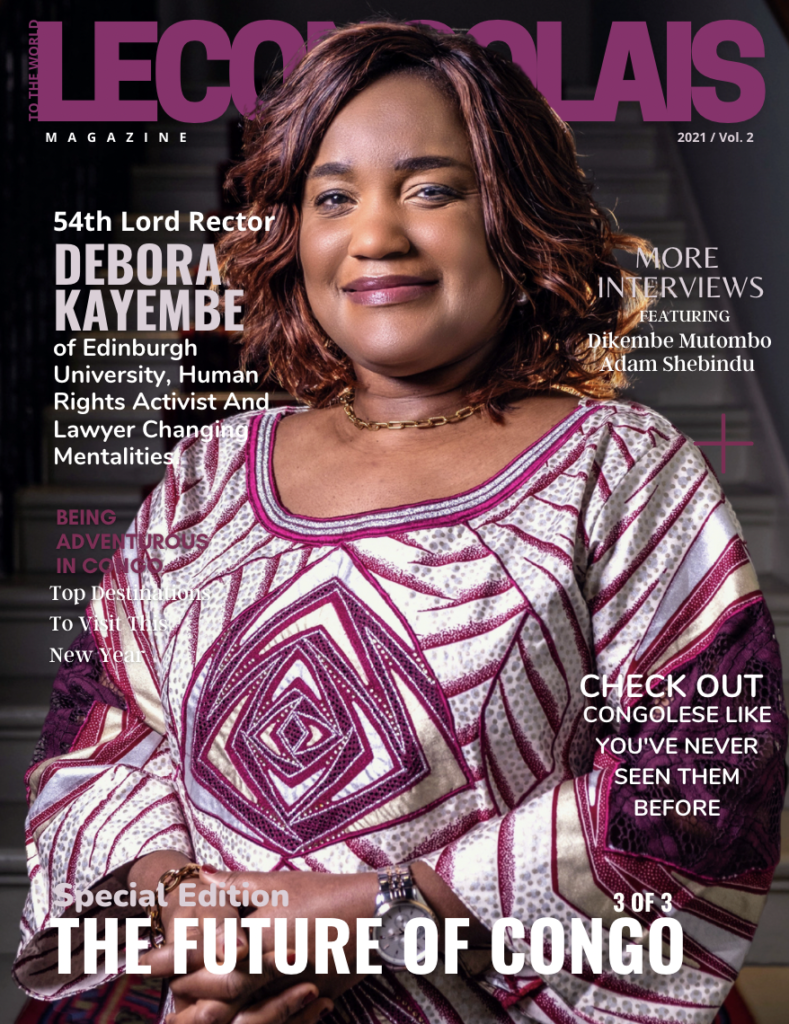By ESTHER CHACHA
February 12, 2022

Uganda has disagreed with the United Nations’ International Court of Justice ruling forcing it to pay the Democratic Republic of Congo war reparations.
Uganda’s foreign minister denounced the ICJ verdict as unfair and wrong in a statement. According to analysts, Uganda might have avoided the $325 million punishment if it had accepted mediation.
The court’s decision is a setback for the Democratic Republic of Congo since the payout is a drop in the bucket compared to Kinshasa’s claim for $11 billion in compensation for the violence that lasted from 1998 to 2003 and killed thousands of people. According to judges at the International Court of Justice in The Hague, Kinshasa failed to present proof that its central African neighbor was directly responsible for more than 15,000 fatalities in the five-year war.
According to the United Nations court orders, Uganda was to pay $325 million in reparations to the Democratic Republic of Congo for damages to people, property, and resources caused by Uganda’s invasion of the DRC’s Ituri region in the late 1990s during the Second Congo War. The judgment singled out Uganda for punishment, according to Foreign Affairs Minister Okello Henry Oryem, ignoring the presence of other nations’ armed troops in Ituri at the time.
According to the ICJ judgment, Uganda would be required to pay $65 million in yearly installments beginning in September and continuing until 2026. However, Uganda’s Oryem claims that paying the money is not the issue.
When VOA reached out to the DRC’s communication minister for comment on the verdict, he replied he didn’t have time.
“The possibility that we might be able to handle this issue diplomatically, without having to pay any money, and if there is another legal alternative, it will not cost money,” he added.
For decades, the DRC has sought compensation for the invasion. Officials from the Congo and Uganda met in Gambia in 2002 to try to resolve some of the difficulties. In 2005, the DRC brought its first action to the International Court of Justice, which ordered Uganda to pay $11 billion. Uganda declined, and the two nations restarted talks. According to security analyst Dismas Nkunda, who was present at the meeting, Uganda failed to sign.
The DRC claimed that Uganda illegally stationed troops in the DRC from August 1998 to June 2003 in its first accusation. Before August 1998, the DRC admitted that then-President Laurent Kabila had welcomed the deployment of Ugandan forces to control the eastern parts of Congo that could not be secured otherwise after Kabila’s removal of President Mobutu Sese Seko in July 1997. This agreement was formalized in an April 1998 Protocol between the DRC and Uganda controlling Ugandan soldier participation. Kabila issued a decree in July 1998 ordering the removal of Rwandan troops from the DRC, which the DRC claimed also signaled the end of Ugandan army participation.
In response, Uganda claimed that wording relating to all foreign troops in July 1998 edict did not apply to Uganda. Uganda claimed that the April 1998 Protocol governed Ugandan force presence and that any DRC withdrawal of consent to Ugandan soldiers would necessitate official rejection and withdrawal from the Protocol. Uganda further contended that it was authorized to use force in self-defense after September 1998, even if the court found there was no permission for its presence and military activities.
Uganda’s 1998-2003 engagement, according to the UN’s highest judicial authority, violated international sovereignty and resulted in the killing and torture of people and the devastation of villages. Kampala’s allegation that it acted in self-defense was rebuffed in a wide verdict, heaping more pressure on President Yoweri Museveni.

The court supported Congo’s argument that it had been the victim of unlawful military action; however, it did not identify a purposeful terror program. Kinshasa praised the decision and said it would seek $6-$10 billion (£3.4-£5.6 billion) in compensation, a figure the court deemed reasonable. Okello Oryem, Uganda’s foreign minister, told Reuters that the verdict was unjust.
More than 3 million people perished in the conflict, which generated a slew of Congolese militias and rebel organizations and forces from Uganda, Rwanda, Burundi, Zimbabwe, Angola, and Namibia. After treaties established the ground for Congo’s present shaky peace, foreign soldiers departed.
Kinshasa’s plan was to seek legal remedy from Rwanda, despite Kigali’s refusal to recognize the court. Burundi, Rwanda, and Uganda intervened to safeguard their borders, according to a UN study from 2001, but resource plundering later became a cause to remain.
Congolese and Ugandan forces have returned to the area, this time in an unprecedented operation against the Allied Democratic Forces, the region’s deadliest militia, which the Islamic State group refers to as its affiliate.
Three individuals were slain in the Beni area of the neighboring North Kivu province in the latest alleged ADF rebel attack on Saturday.
Despite tense ties between the two neighbors, Ugandan and Congolese forces started a joint attack against the ADF late last year.
After World War II, the International Court of Justice (ICJ) at The Hague was established to resolve international disputes, mostly through treaties.










Leave a Reply
You must be logged in to post a comment.